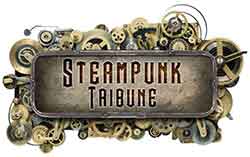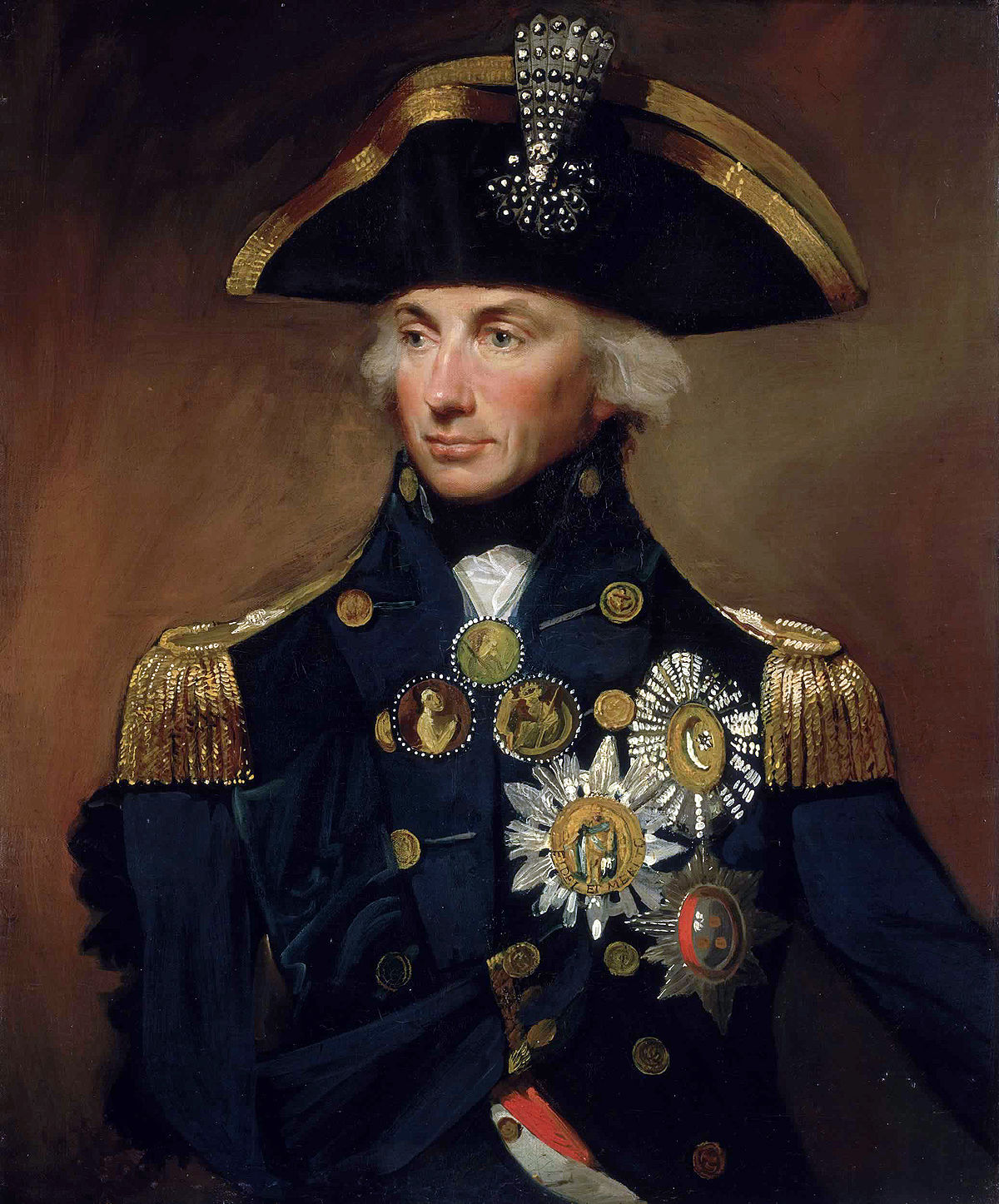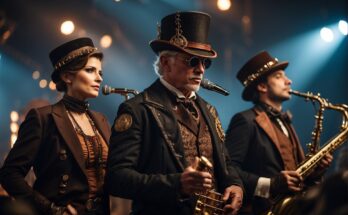While unpacking some boxes during my rl transition, I discovered a cache old GURPS rpg books, specifically the “Whos Who” compendium. The purpose of these books were to provide players backgrounds on “famous/notable” individuals from the era that interested them. As such, Ive decided to intersperse a few personages from the Victorian era into the blog (which of course, could translate easily to Steampunk backgrounds). I will try to locate those who portrayed the essence or feel of the era, providing either potential inspiration for the Victorian theme or simply interesting reading.
Keep in mind that these descriptions tend to be a “snapshot” of a certain time in the individuals life, so there may be some differences between their earlier and later years. Also, I have once again watered down the game aspects of the descriptions, as they do not reasonably apply to SL. As there has been a growing interest in nautical aspects of Antiquity, Caledon, and New Babbage, choosing the greatest admiral of Victorian times seemed like a good starting point
Age 39; 55″, 125 lbs. A small-boned man, with blue eyes (and a scar under the right eye), once sandy-hair turning white, dressed in a Royal Navy uniform according to his rank and occasionally sporting a gauze patch over his good left eye to protect it from the elements. Advantages: Charisma, Military Rank, Reputation (Skilled commander, in the Navy and among Britons who follow war news), Wealthy Disadvantages: Duty (to Royal Navy), One eye, Sense of Duty (to King and Country) Quirks: Can be vain and snobbish about his accomplishments and acquaintances; Hates the French revolutionary regime and Napoleon; Obsessed with his failing health; Prefers action to inaction, prone to rashness; Somewhat susceptible to the opposite sex. This represents Nelson after the victory of Cape St. Vincent, but before he loses his right arm at Tenerife (1797). His right eye is damaged in the Calvi action of 1794, after which he gains a markedly greater reputation in the Navy and beyond as Britains greatest admiral (especially after his “Grand Tour” of country towns in 1801), with his injuries and affections of dress making him recognizable to the masses. His status increases with ennoblement (as a baron in 1798 and as a viscount in 1801). From 1798, Lady Hamilton should count as a dependent; her high living drains his finances and she distracts him from his duty. Nelson was, ironically, prone to seasickness, though this never seemed to disrupt his career; he also seemed to hate fast land travel (such as stagecoaches). Like many of his peers, he was brought up to hate the French, but he visited France to learn the language and even formed a brief romantic attachment with a Frenchwoman. Viscount Nelson (fourth from the right) and Royal Navy OfficersBiography
Nelson was the sixth of 11 children of the rector of the village of Brunham Thorpe. At 12, he joined the navy as a midshipman under his maternal uncle, Captain Suckling, who sent him to the West Indies in a merchantman to learn seamanship. In 1773, he sailed on an unsuccessful Arctic expedition. He caught malaria in the East Indies and returned to England in 1776. After promotion to lieutenant in 1777, he fought in the American War of Independence in the West Indies, and was promoted to Post-Captain in 1779. An unsuccessful flirtation with politics was followed by peacetime Caribbean service. His strict enforcement of mercantile laws and friendship with Prince William Henry earned him the displeasure of local merchants and the Admiralty. He married Fanny Nisbet in 1787. He was on half-pay until recalled to active duty in the Mediterranean in 1793 against France. In 1797, Nelson, now a Commodore, transformed potential disaster into victory against the Spanish off Cape St. Vincent. Knighted and promoted to rear admiral, he virtually annihilated the French squadron supporting Napoleon at the Nile in 1799. He also fell in love with Lady Emma Hamilton, wife of the ambassador to Naples, who bore him a daughter, Horatia, two years later.
When the war resumed in 1803, Nelson was given command of the Mediterranean fleet. On October 21st, 1805, he defeated a combined Franco-Spanish fleet off Trafalgar, but was killed by a French sniper.
The Victory today (moored in dry dock at Portsmouth Historic Dockyard)Nelson in history
In his lifetime, Nelson was famed for success in battle, humanity, and the scandal of his private life. His death granted him mythic status, an appeal which remains even today, especially in the Royal Navy, which continues to commemorate Trafalgar.
Nelson delivered the Navy from a tactical straight jacket to a more imaginative, independent style. The Battle of the Nile ended Napoleons hopes of Eastern conquest, securing Britains vital links to India, while Trafalgar safeguarded Britain from sea-borne invasion; henceforth, Napoleon was constrained to land warfare, and his enemies were assured of an ally in Britain. Nelsons success also transformed an already formidable navy into a seemingly invincible force, establishing British sea power as supreme until the first World War.
Artistic rendering of the HMS Victory at TrafalgarEncountering
Socially, Nelsons vainglory expresses itself in accounts of military actions delivered in his Norfolk drawl. He is a genial, urbane host, and modest in his appetites. He will complain about his failing health, although such concerns will fade if given an opportunity to strike a blow against France. In military circles, he will often be found discussing strategy with like-minded captains in his squadron. He is sympathetic to officers and men, but unswerving in the maintenance of discipline. In times of crisis, he shows his preference for action, prefers honor and glory to pecuniary reward, and will not hesitate to place himself in the thick of battle.Further Reading:
Bradford, Ernie: Nelson: The Essential Hero
Pocock, Tom: Horatio Nelson
Walder, Nelson: Nelson Caldwell, N. (1999) – Gurps Who’s Who II, pg. 76-77, SJG:Austin[edited for removal of game specific content] Online Information:http://en.wikipedia.org/wiki/Horatio_Nelson,_1st_Viscount_Nelsonhttp://www.bbc.co.uk/history/historic_figures/nelson_horatio.shtmlhttp://www.nelson-society.org.uk/




